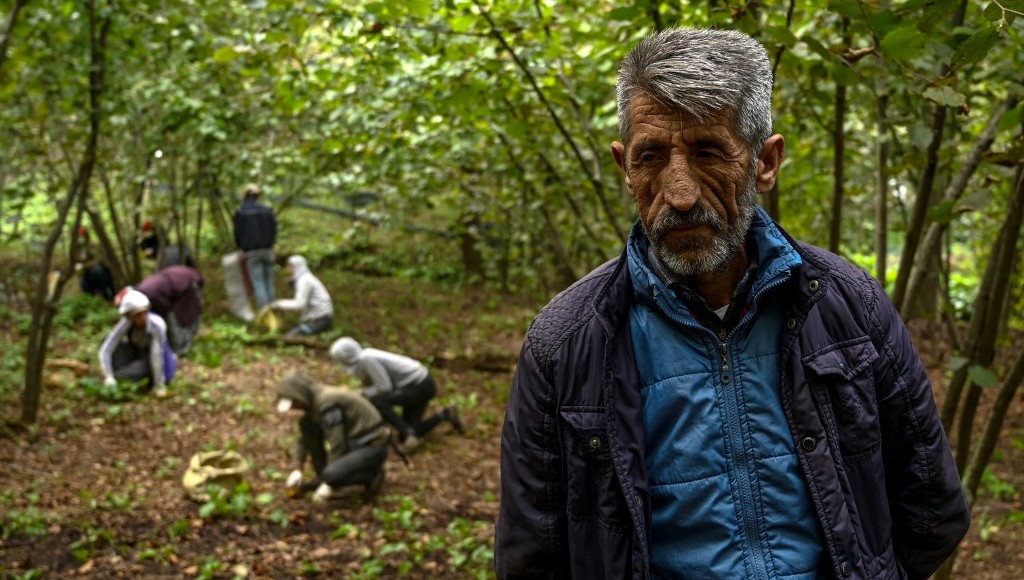Turkish farmers are struggling with a debt burden of nearly 700 billion lira caused by skyrocketing input costs and insufficient government support, according to a special report in the Turkish edition of Deutsche Welle.
The rising cost of essential inputs such as diesel, fertilizers, pesticides, seeds and animal feed are outstripping government subsidies and driving farmers deeper into debt, the DW report said.
Farmers are increasingly forced to rely on loans to maintain production, leading to unsustainable levels of debt.
This financial crisis mirrors similar challenges faced by farmers across Europe. Protests in Germany, France, Romania, the Netherlands, Italy, Spain, Greece, Poland and other Eastern European countries highlight common concerns about rising costs, diminishing tax breaks and competition from cheaper imports.
Speaking to DW, Baki Remzi Suiçmez, president of the Chamber of Agricultural Engineers, emphasized that a major difference in Turkey is the lack of diesel subsidies — an important support mechanism for farmers in many European countries.
According to the DW report, citing the Turkish Union of Agricultural Chambers (TZOB), there are alarming increases in fertilizer prices — 16 to 25 percent in 2023 — as well as sharp increases in feed and electricity costs. Diesel prices alone have risen by 78.6 percent in the last year, paralyzing farmers at every stage of production.
TZOB President Şemsi Bayraktar is calling for the abolition of VAT and special consumption tax on agricultural diesel, arguing that it is an essential input for agriculture and not a luxury item.
The livestock sector is particularly at risk, as high feed costs are leading to a decline in livestock numbers, threatening Turkey’s domestic meat and milk production.
Although the government’s agricultural support budget for 2024 has been increased by 44.5 percent, experts emphasize that this is not enough in the face of high inflation.
The Banking Regulation and Supervision Agency (BDDK) shows that outstanding agricultural loans reached 582 billion lira in December 2023, with a worrying reliance on short-term loans.


